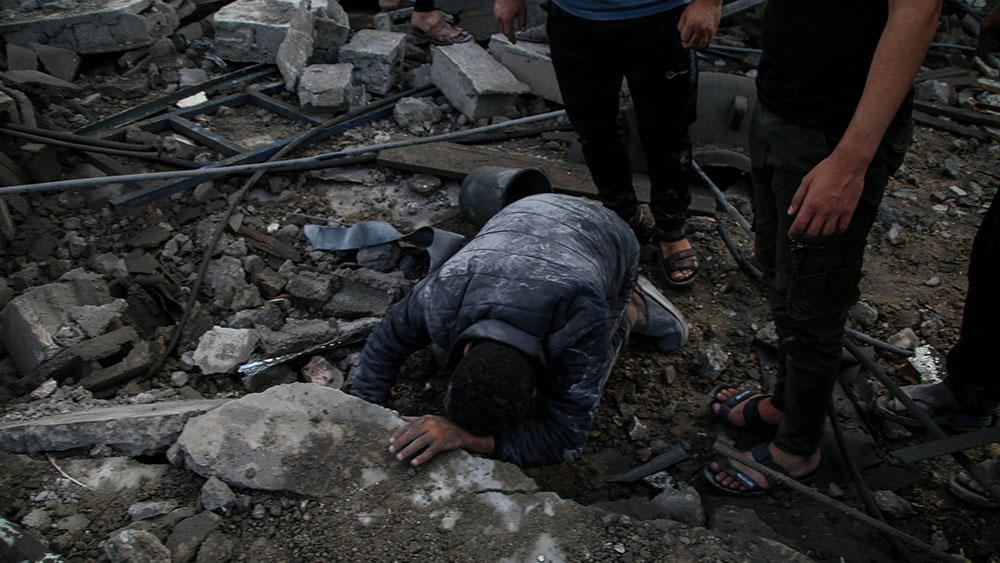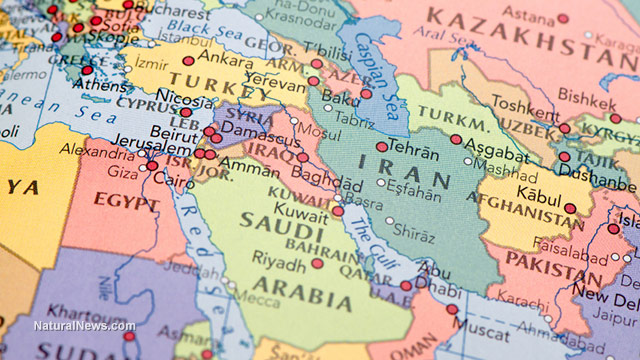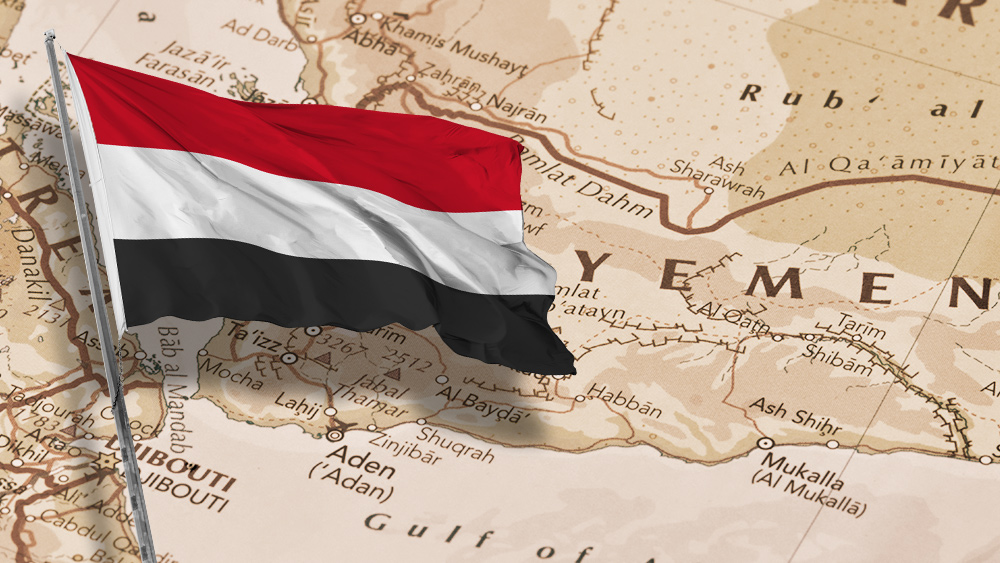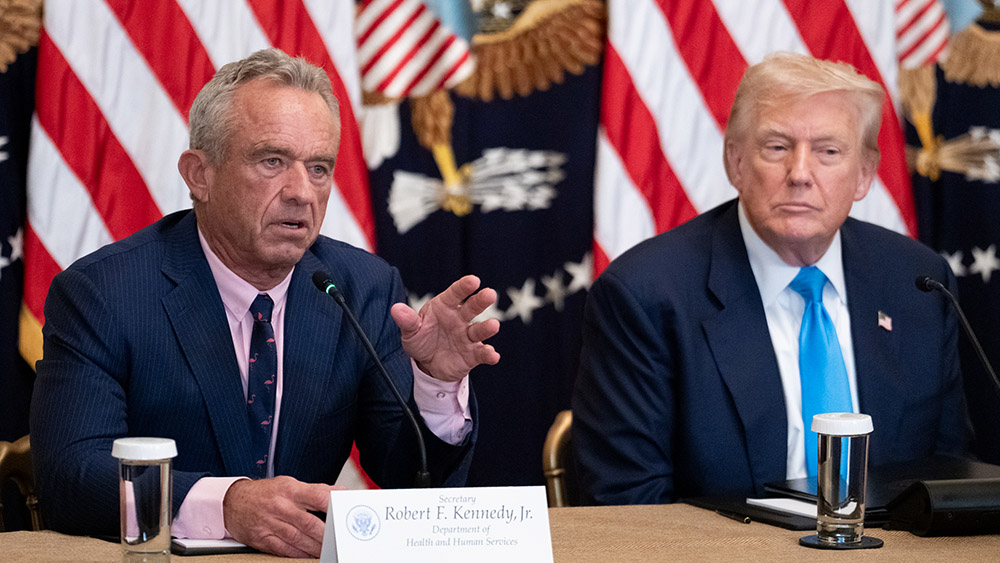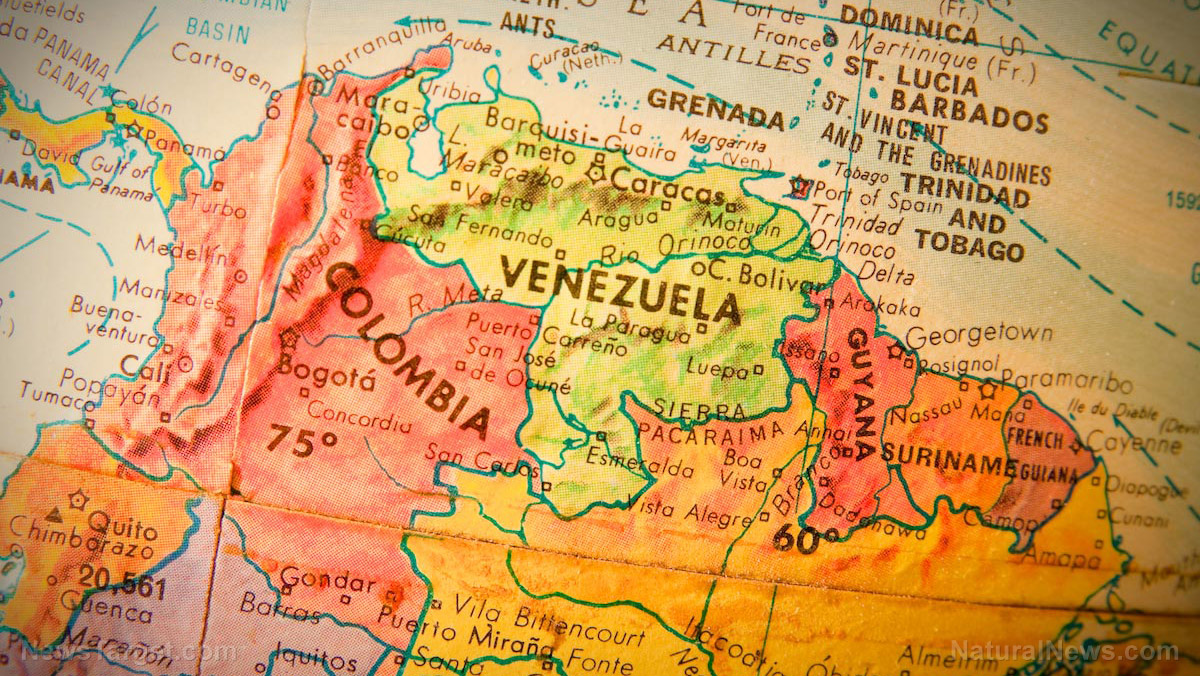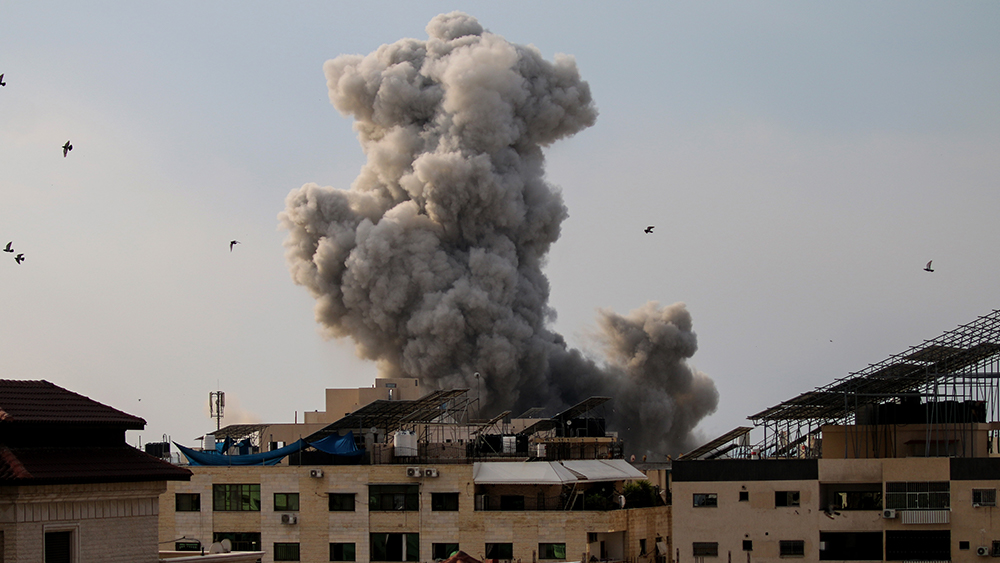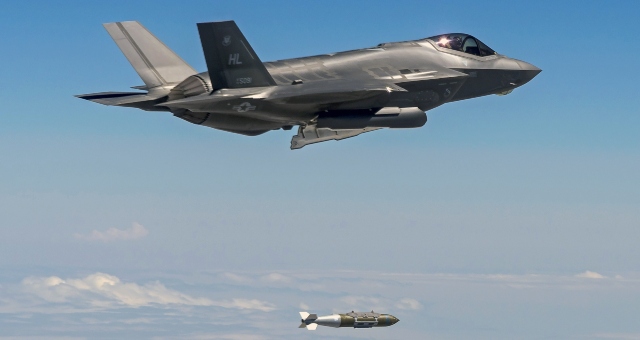UAE draws “red line” over Israeli plans to annex West Bank
09/05/2025 / By Willow Tohi

- The UAE has set a “red line” against Israeli plans to annex the West Bank, warning that it would undermine peace accords.
- Israel’s extended conflict in Gaza and recent strike on Iran have fueled Arab concerns about Israeli regional dominance.
- Arab states are reassessing the accords amid fears that they legitimize Israeli supremacy.
- Gulf states are exploring new diplomatic frameworks to balance economic cooperation with national security.
- Gulf leaders emphasize de-escalation and inclusivity to manage power dynamics in the region.
The United Arab Emirates (UAE) has unequivocally drawn a “red line” regarding Israel’s proposed annexation of the occupied West Bank, with Emirati officials warning that such actions would severely undermine the spirit and vision of the Abraham Accords. This rare censure comes at a critical time, as Israel and the UAE grapple with the implications of the ongoing conflict in Gaza, which human rights groups and experts have described as a form of genocide.
The UAE, once a key partner in the Abraham Accords, is now growing increasingly vocal about Israel’s aggressive actions, especially following Israel’s recent attack on Iran and its prolonged assault on Gaza. As Israel seeks to consolidate power, Arab nations are reconsidering the efficacy and implications of their alliance with the Jewish state, particularly in light of growing regional instability. This tension reflects a broader shift in the geopolitical landscape of the Middle East.
Israel’s escalation and UAE’s response
Israeli Finance Minister Bezalel Smotrich announced plans to annex 82% of the occupied West Bank, effectively obliterating any possibility for a future Palestinian state. This move has been met with staunch opposition from Arab allies, especially the UAE, which has positioned itself as one of Israel’s closest partners in the region since signing the Abraham Accords in 2020. In response to Smotrich’s announcement, the UAE’s foreign ministry assistant minister, Lana Nusseibeh, declared that annexation would constitute a “red line” for the Gulf state, potentially fracturing the fragile peace agreements.
- Red line for the UAE: The UAE maintains that Israeli annexation would undermine the Abraham Accords’ intent to promote peace and stability.
- Historical context: The West Bank has been under Israeli occupation since 1967, and the issue of its annexation has been a contentious point of negotiation for decades.
- Current diplomatic landscape: The UAE has been actively lobbying against international recognition of a Palestinian state, aligning with Israel in many respects but drawing clear lines when it comes to territorial integrity.
The role of the Abraham Accords
The Abraham Accords were designed to normalize relations between Israel and Arab nations, primarily in an effort to counter Iran’s regional influence. However, the UAE’s growing frustration with Israel’s actions has led to a reevaluation of the accords’ purpose. Emirati analysts now view Israel not as a David against Goliath but as a potential Goliath threatening to dominate the region. This perception is buttressed by Israel’s recent aggressive military campaigns in Gaza, Lebanon, Syria and Iran. The UAE’s stance now hinges on its ability to balance regional stability with its pursuit of economic and strategic interests.
- Regional dominion: The UAE fears that continued Israeli aggression could destabilize the region, undermining the very peace the accords were meant to foster.
- Diplomatic quandary: Gulf leaders are now grappling with whether the Abraham Accords have created a framework that legitimizes Israeli regional supremacy.
The future of Arab-Israeli relations
Questions abound about the future of Arab-Israeli relations. As Israel pushes forward with its annexation plans, Arab states are reassessing the necessity and value of their alliances with the Jewish state. Analysts and officials in the UAE, as well as in neighboring Gulf states, are warning that unchecked Israeli dominance could lead to further instability, potentially drawing the Gulf into larger conflicts with Iran or even Hezbollah. These concerns have led to calls for more inclusive diplomatic frameworks that prioritize regional balance and de-escalation.
- Beyond two-state solution: The UAE’s growing frustration with Israel’s dominance has prompted discussions about new regional cooperation models that are not centered around the two-state solution.
- Strategic alliances: Gulf states are exploring closer ties with Iran, which has emerged as a potential counterbalance to Israeli regional dominance.
Gulf states navigate a complex regional landscape
The UAE’s rebuke of Israel’s annexation plans underscores the growing disillusionment among Arab states with Israel’s unilateral actions. While the Abraham Accords have facilitated some normalization, they have also reinforced fears of Israeli regional supremacy. Moving forward, Gulf nations must navigate a delicate balance between economic cooperation and national security, ensuring that their alliances do not undermine regional stability. The challenge for Arab states is to find a path that promotes peace, justice and mutual respect, rather than one that perpetuates conflict and aggression.
As the Middle East continues to evolve, the Gulf’s reactions to Israel’s actions will be crucial in shaping the region’s future. Whether the UAE and its allies will continue to align with Israel or seek alternative alliances will define the next chapter in the region’s geopolitical narrative.
Sources for this article include:
Submit a correction >>
Tagged Under:
Abraham Accords, Arab nations, chaos, Gaza, genocide, geopolitics, human rights, humanitarian, Israel, Middle East, UAE, violence, West Bank, WWIII
This article may contain statements that reflect the opinion of the author
RECENT NEWS & ARTICLES
COPYRIGHT © 2017 VIOLENCE NEWS




